Description
Iso-Butanol: A Versatile Alcohol with Broad Industrial Applications
Iso-butanol, also known as isobutyl alcohol, is a colorless, flammable liquid with a distinctive, sweet odor. It’s a primary alcohol with the chemical formula (CH₃)₂CHCH₂OH, meaning it’s an isomer of butanol where the hydroxyl group (-OH) is attached to a carbon atom that is attached to two other carbon atoms. This seemingly small structural difference leads to distinct properties and applications compared to its more common cousin, n-butanol.
While perhaps not as widely recognized as ethanol or isopropyl alcohol, iso-butanol plays a crucial role in various industries, from coatings and solvents to fuel additives and chemical intermediates. This article delves into the properties, production, and diverse applications of this versatile alcohol.
Key Properties of Iso-Butanol:
Understanding the properties of iso-butanol is crucial to appreciating its applications. Key characteristics include:
- Solvent Power: Iso-butanol is an excellent solvent for a wide range of substances, including paints, resins, oils, and fats. This solvency makes it invaluable in numerous industrial processes.
- Volatility: Its moderate volatility allows for controlled evaporation rates in coatings and adhesives, contributing to desirable film formation.
- Low Toxicity: While still a flammable liquid requiring careful handling, iso-butanol is generally considered less toxic than some other organic solvents.
- Miscibility: Iso-butanol is miscible with many common solvents, including water, ethanol, and ether, further expanding its utility.
Production of Iso-Butanol:
There are two primary methods for producing iso-butanol:
- Fermentation: Traditionally, iso-butanol was produced through fermentation of carbohydrates. This method, though renewable, is generally less efficient than petrochemical-based processes.
- Oxo Process (Hydroformylation): The most common industrial method involves the hydroformylation of propylene. This process reacts propylene with carbon monoxide and hydrogen in the presence of a catalyst to produce a mixture of butanal isomers, including iso-butanal. The iso-butanal is then hydrogenated to yield iso-butanol.
A Wide Spectrum of Applications:
Iso-butanol’s unique properties have led to its widespread adoption in various industries:
- Coatings and Solvents: Iso-butanol is a key ingredient in paints, lacquers, and varnishes. It acts as a solvent for resins and pigments, improving flow, leveling, and gloss. Its controlled evaporation rate ensures smooth and durable finishes.
- Chemical Intermediate: Iso-butanol is a valuable building block for synthesizing other chemicals. It’s used in the production of esters, such as isobutyl acetate, which are used as fragrances and flavorings, as well as in the manufacturing of plasticizers and herbicides.
- Fuel Additive: Iso-butanol can be blended with gasoline to improve octane number and reduce emissions. It’s a potential alternative to ethanol in fuel blends, offering advantages in terms of energy content and reduced corrosiveness.
- Cleaning and Degreasing: Its solvent properties make iso-butanol effective for cleaning and degreasing various surfaces, particularly in industrial settings.
- Pharmaceuticals and Cosmetics: In the pharmaceutical industry, iso-butanol can be used as a solvent in the production of certain drugs. In cosmetics, it can be found in nail polish removers and other personal care products.
Safety Considerations:
While generally considered less toxic than some alternatives, iso-butanol still presents certain safety risks. It’s a flammable liquid and should be handled away from heat, sparks, and open flames. Proper ventilation is necessary to prevent the accumulation of flammable vapors. Exposure to high concentrations can cause irritation to the skin, eyes, and respiratory system. Always consult the Material Safety Data Sheet (MSDS) for detailed safety information before using iso-butanol.
The Future of Iso-Butanol:
As environmental concerns continue to grow, the interest in bio-based production of iso-butanol is increasing. Research efforts are focused on developing more efficient and sustainable fermentation processes that utilize renewable feedstocks. This could lead to a reduced reliance on petrochemical-based production and a more environmentally friendly alternative.
In conclusion, iso-butanol is a versatile and important industrial alcohol with a broad range of applications. Its excellent solvent properties, moderate volatility, and relatively low toxicity make it a valuable ingredient in coatings, solvents, chemical synthesis, and fuel additives. As researchers continue to explore more sustainable production methods, iso-butanol is poised to play an even greater role in various industries in the years to come.

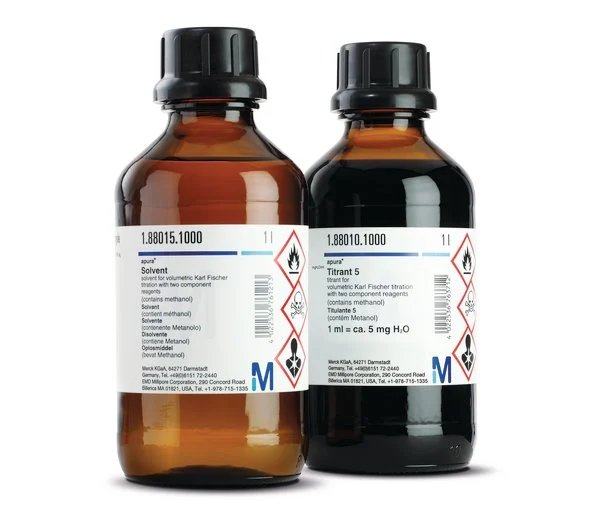
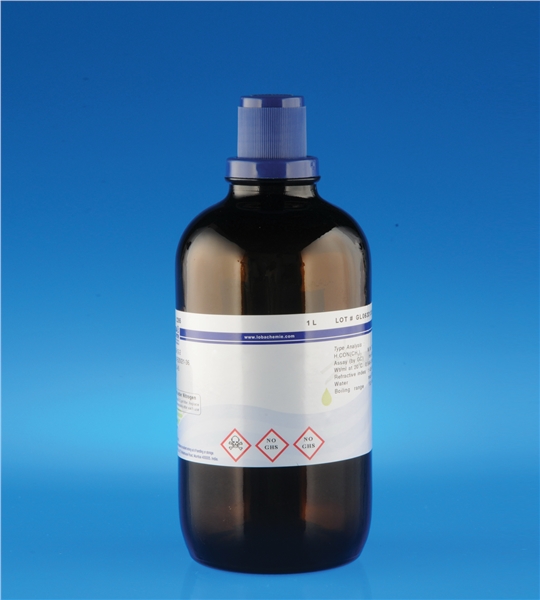
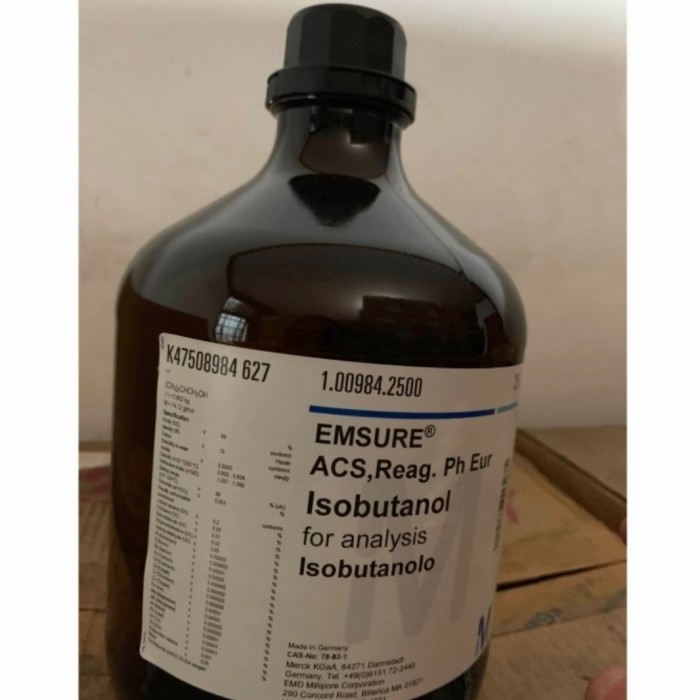
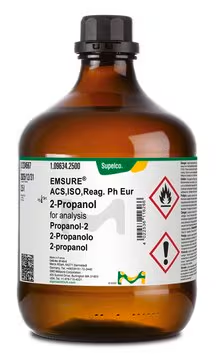
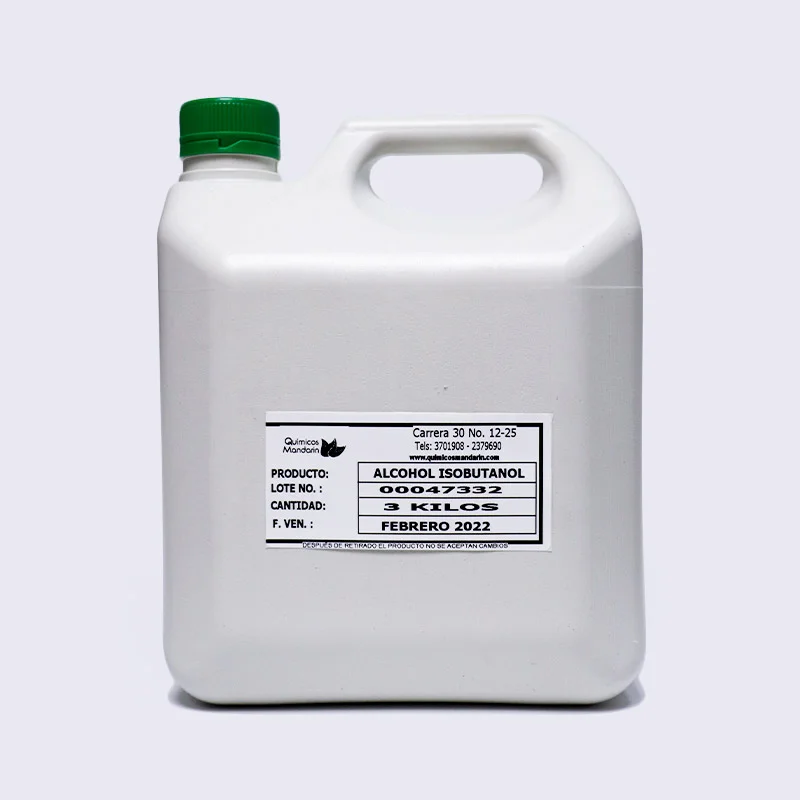
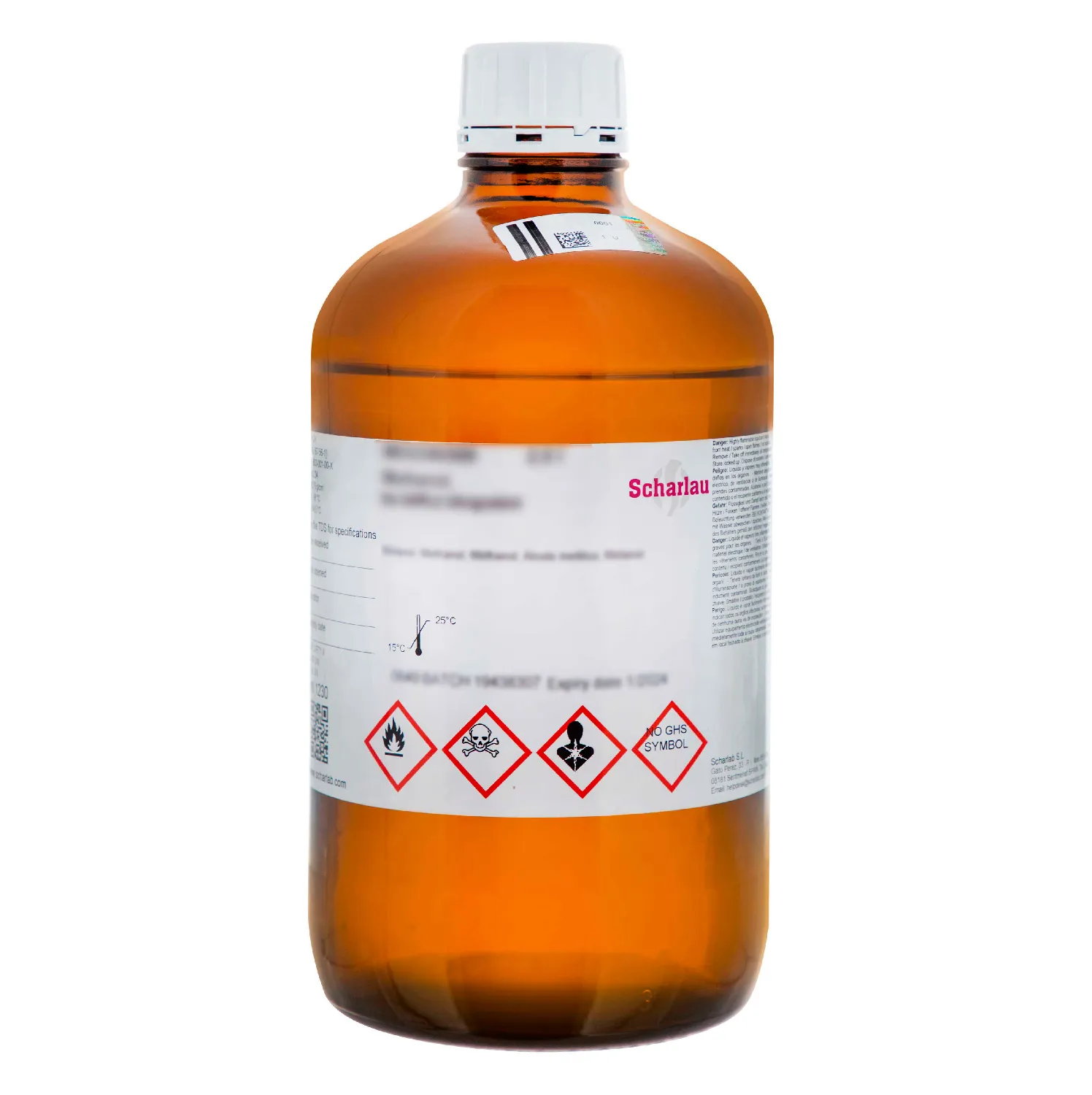
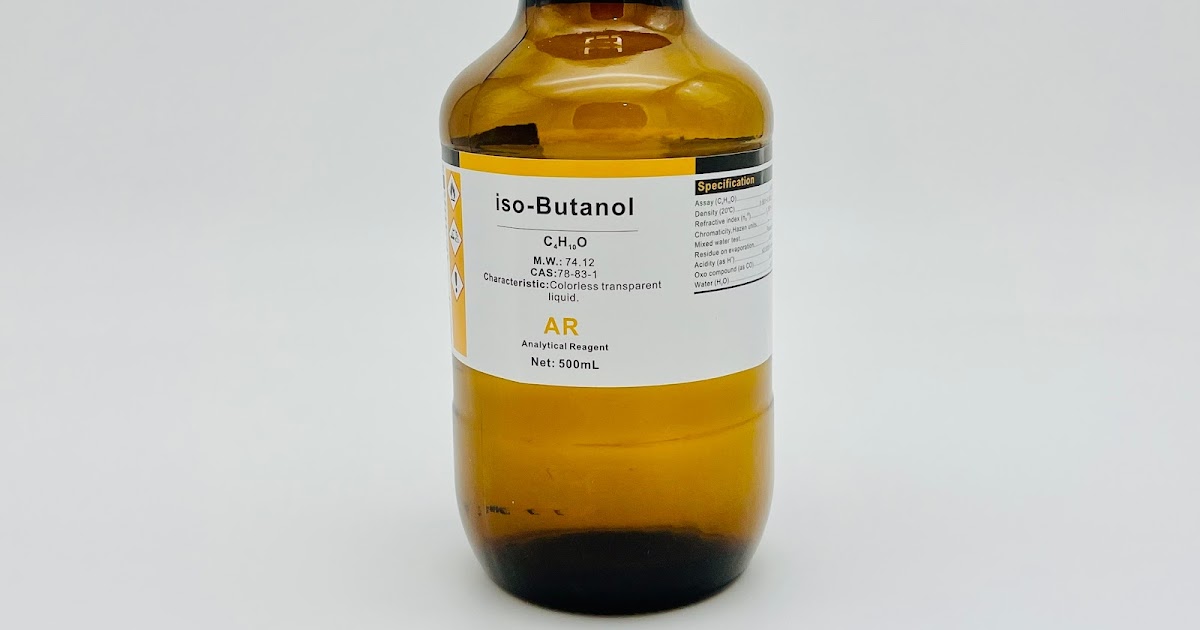
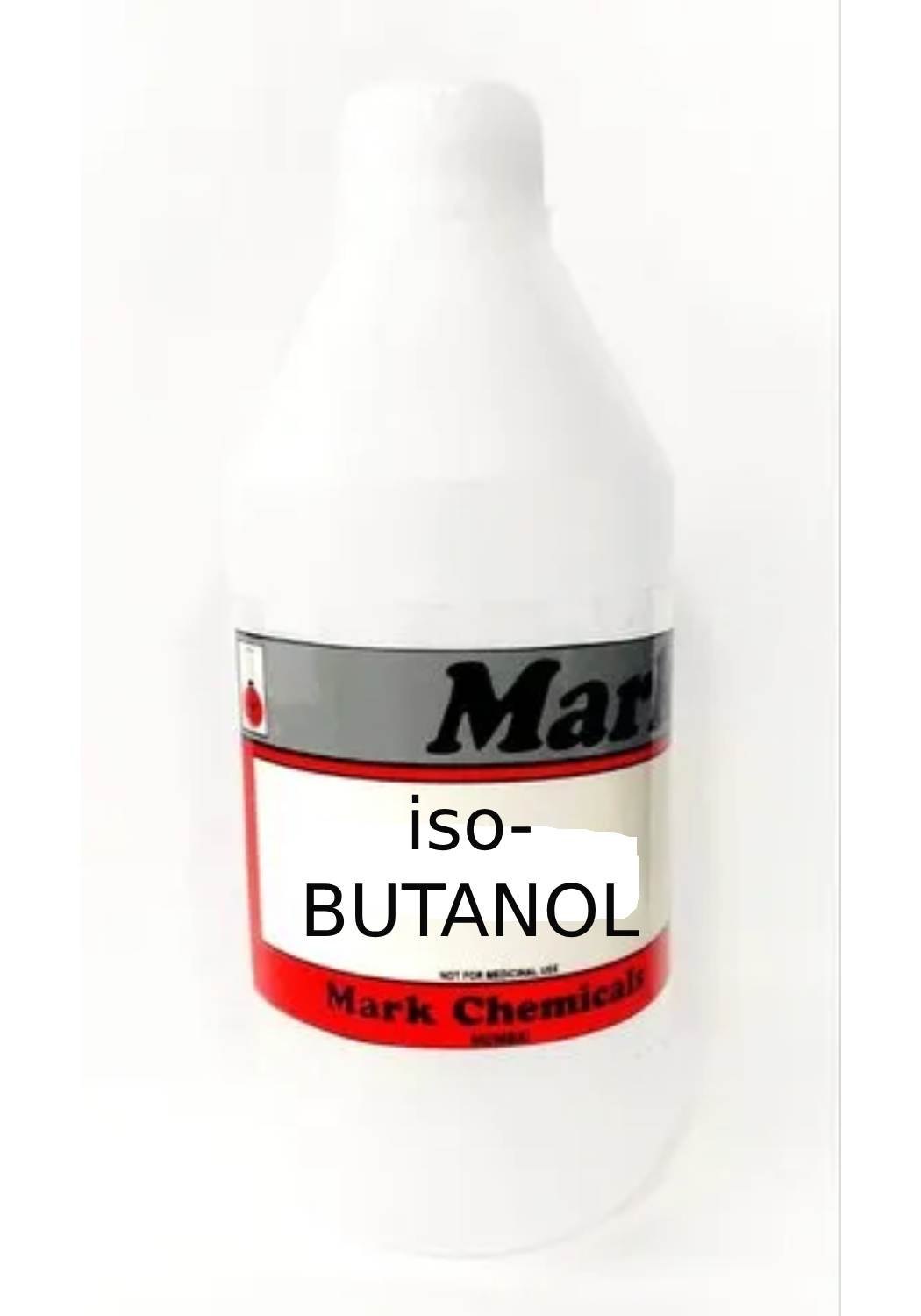
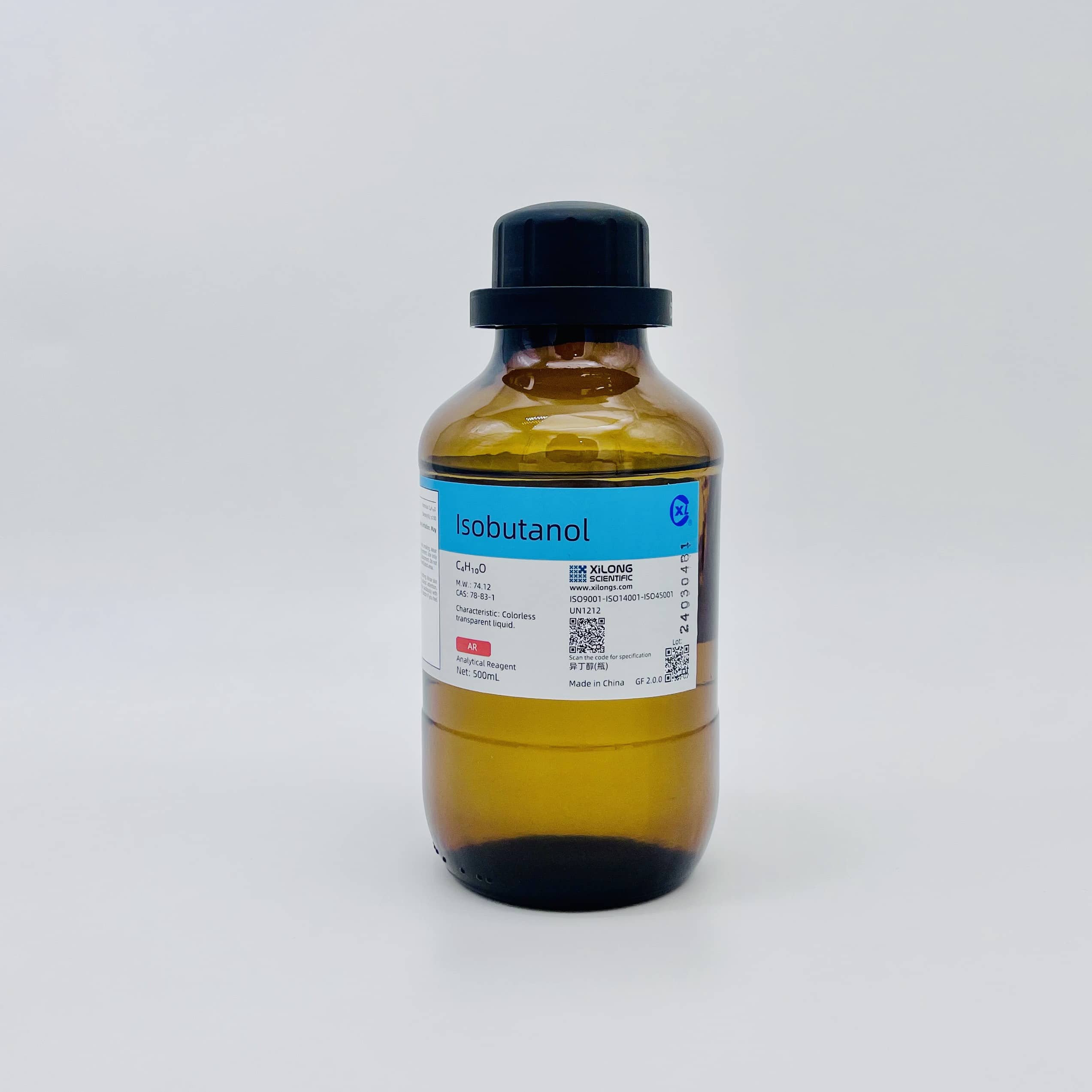
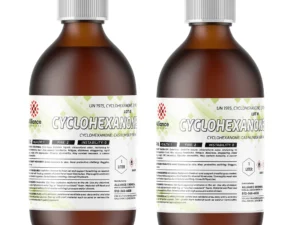

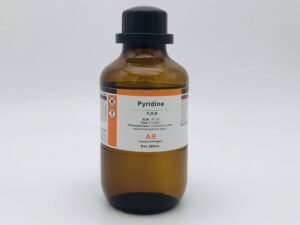
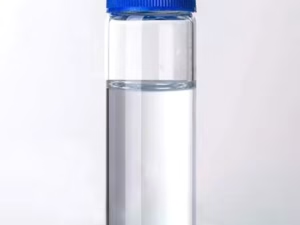
Reviews
There are no reviews yet.